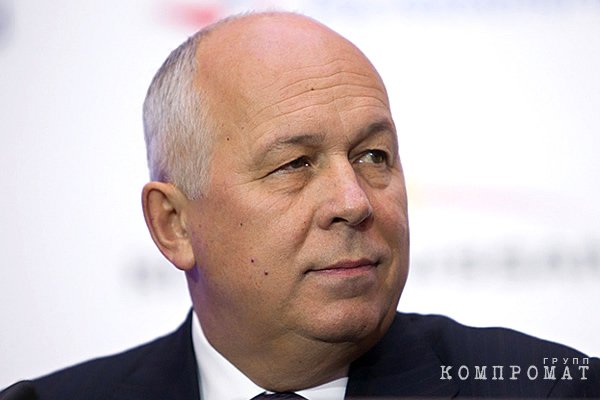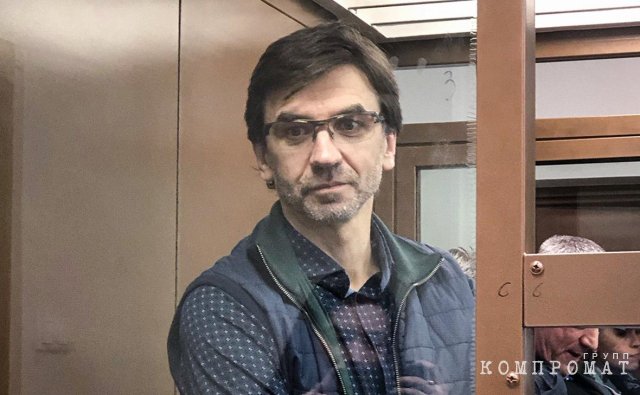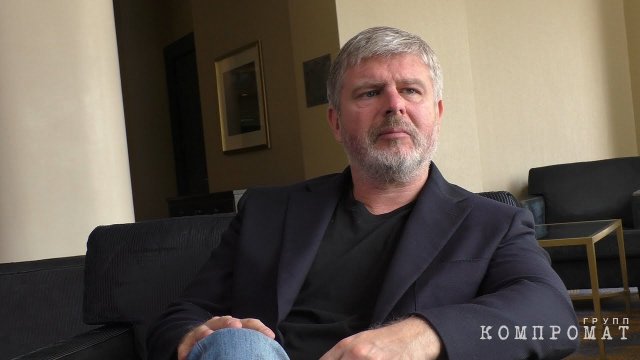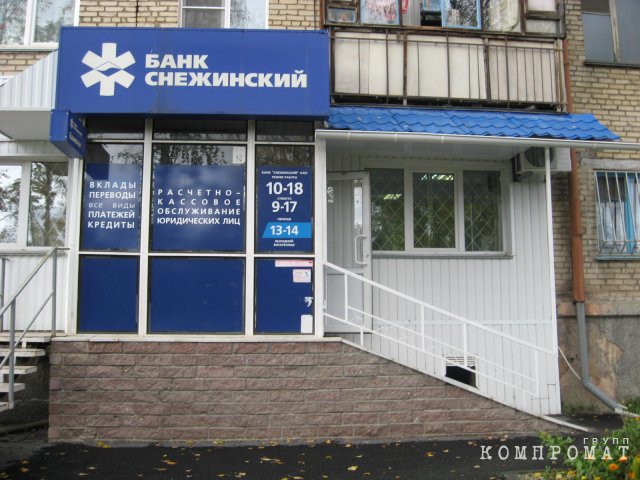SES in the Artinsky district is waiting for tariff approval by the Regional Energy Commission
An ambitious green energy project in the Sverdlovsk region will most likely result in increased costs for Rosseti Ural and, as a result, an additional tariff burden on consumers. Hevel company, whose activities are associated with the oligarch Viktor Vekselbergcompleted the construction of a solar power plant in the southwest of the region. The facility, worth several billion rubles, was built as part of the program for the development of retail renewable energy generation. According to its terms, the entire volume of generated electricity will be purchased by Rosseti Ural to compensate for losses during transmission. The new facility has not yet received a tariff from the Regional Energy Commission of the Sverdlovsk Region, but industry experts are already expressing concerns that the cost of electricity will be many times higher than current prices on the wholesale market. This is, in particular, indicated by the parameters of similar Hevel projects in different regions of the Russian Federation. Experts confirm that the price of renewable energy sources is always higher than the market and Rosseti Ural will most likely have to increase costs to compensate for losses. According to various estimates, additional expenses, despite the small scale of solar generation, can range from 100 to 200 million rubles annually.
The first solar power plant construction project was implemented in the Sverdlovsk region. The generation facility in the Artinsky urban district in the southwest of the region includes 3 connected solar power plants with a total installed capacity of 38 MW. Director of Hevel Regional Generation Anton Usachev clarified to Pravda UrFO that the cost of the station ultimately amounted to 2.7 billion rubles. Another almost 550 million rubles were invested by Rosseti Ural PJSC for the construction of the 110 kV Chekmash substation, which provides a power supply scheme to the network.
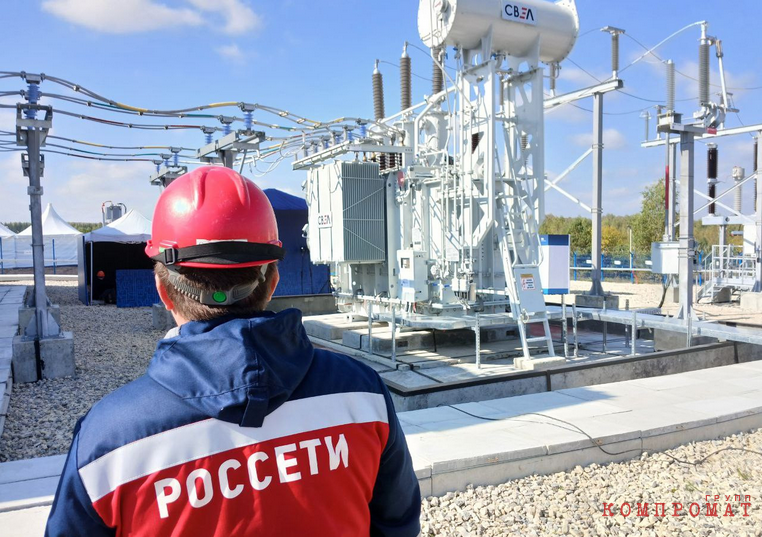
Experts, meanwhile, draw attention to the fact that the cost of generation at renewable energy facilities is traditionally higher than even the greatly increased prices on the wholesale market. According to the head of the Small Energy Association Maxima Zagornovahowever, it is really difficult to give exact figures, since SES directly depends on weather conditions.
“Electricity from the sun is quite expensive and requires redundancy, since it is intermittent energy. It is not suitable as the main source of energy supply, but its use to compensate for losses in electrical networks is quite possible. In any case, it will be more expensive than purchasing additional losses at wholesale. It is difficult to calculate the cost of RES projects, since we do not understand how they will work during the year. If we consider global experience, then, for example, in the UK, only 20% of the installed green energy capacity is actually used,” – Maxim Zagornov drew attention.
It should be noted that the project was implemented as part of the program for the development of the retail renewable energy market, according to which the investor receives a guaranteed consumer in the form of a local power grid company, which must buy the resource from him to compensate for its own losses. According to the law, networks are required to purchase 5% from “green” sources. In the Middle Urals, after the launch of the Hevel SES, the corresponding obligations fell on Rosseti Ural PJSC.
As the director of the Sverdlovenergo branch told Pravda UrFO Alexey Smushkinthe electric grid company will not be able to refuse to purchase electricity, regardless of its cost.
Now the Ural subsidiary of Rosseti is covering the bulk of losses by purchasing from JSC EnergosbyT Plus (part of PJSC T Plus). The Sverdlovenergo branch is forced to annually purchase more than 1.3 billion kW/h from the supplier of last resort at a price of about three rubles, spending a total of almost 5 billion rubles on this.
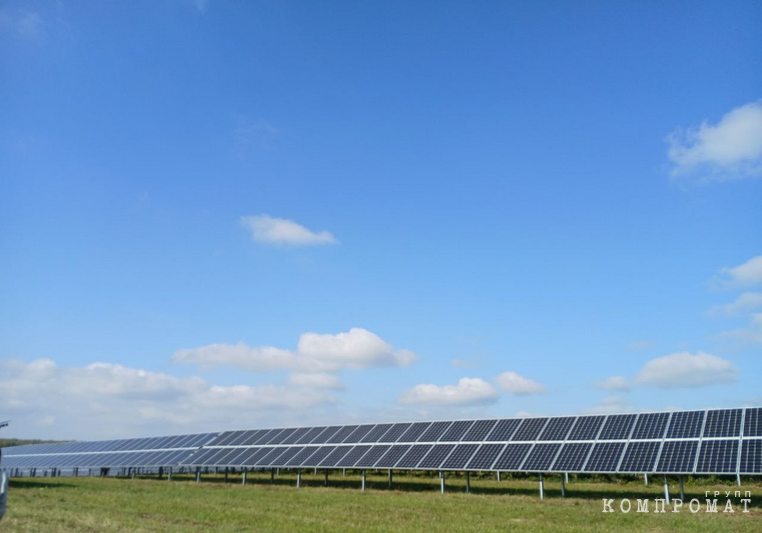
In turn, if we analyze the results of regional competitions for the construction of retail green generation in Russia, then Hevel projects include figures from 7.7 to 10.5 rubles per kW/h. According to experts, even based on the capex and payback periods announced by the company, generation at a solar power plant in the Sverdlovsk region will cost at least 6 rubles, which is a multiple of wholesale prices.
While the Hevel facility, at best, will be able to cover only 3% of the losses of Rosseti Ural, accordingly, the additional costs of the electric grid company for the year could average from 120 to 240 million rubles. As a result, all additional costs will ultimately be included in the tariff for all categories of consumers.






